Editor’s Note: This previously published story is being highlighted as part of Black Philanthropy Month. Conceived of, primarily funded and led by Black philanthropists, the Black Investments in Greensboro Equity Fund (BIG Equity Fund) in Greensboro, North Carolina and the Black Resilience in Colorado Fund (BRIC) in Denver are continuing to Catalyze Community Giving. This piece was originally published on February 12, 2021.
When communities envision the future and the changes they want to see, creativity, leadership and generosity are on full display. This is especially true in the cohort of more than 30 organizations in the Catalyzing Community Giving (CCG) initiative.
Launched in 2014, CCG supports communities of color in using philanthropy to become agents of their own change to positively impact the lives of children and families in their communities. This network of W.K. Kellogg Foundation (WKKF) grantees demonstrates how locally driven, collective giving can be transformational in one community and inspirational in others.
With the pandemic’s disruption in 2020, the CCG network showed collective leadership in responding to the needs of communities of color. A few of the many examples include:
- Asian Americans/Pacific Islanders in Philanthropy circulated an open letter calling on philanthropy to confront racism in coronavirus relief efforts.
- The Latino Community Foundation created the Love Not Fear Fund to channel dollars to Latino-led organizations serving California’s most vulnerable communities.
- Native Americans in Philanthropy partnered with the Decolonizing Wealth Project and the National Urban Indian Family Coalition to establish the Native American Community Response Fund.
Yet it was ongoing idea-sharing through a 20+ year relationship between colleagues nearly 1,600 miles apart that helped establish two new funds for the Black community: the Black Investments in Greensboro Equity Fund (BIG Equity Fund) in Greensboro, North Carolina, and the Black Resilience in Colorado Fund (BRIC) in Denver.
"It’s been an amazing thing to partner, advocate for one another over the years and bring our philanthropic institutions into the light and be authentically centered in the communities that we serve."
Ladawn Sullivan, Director of Leadership & Equity for The Denver Foundation
LaDawn Sullivan, director of Leadership & Equity for The Denver Foundation, and Athan Lindsay, director of Community Philanthropy for the Community Foundation of Greater Greensboro, consider themselves long-term virtual partners in their work. “It’s been an amazing thing to partner, advocate for one another over the years and bring our philanthropic institutions into the light and be authentically centered in the communities that we serve,” Sullivan says.

Funds conceived and led by Black philanthropists
Some of their earliest CCG work together focused on establishing giving circles, which are groups of donors focusing their philanthropic efforts on their common identity or shared experience. Lindsay invited Sullivan to Greensboro to share Denver’s efforts and it was LaDawn’s voice and encouragement about BRIC that “gave us confidence and credibility to continue to move forward, think big” and officially establish the BIG Equity Fund with matching support from the community foundation, Lindsay says.
Sullivan and Lindsay also credit invaluable coaching and counsel behind the scenes from other Black philanthropic leaders, especially Mark Lewis, president and CEO of the POISE Foundation, in support of the funds.
BRIC was established on Juneteenth 2020 with the purpose of directing resources to address systemic racism and its impact on Black communities across Metro Denver. Similarly, the BIG Equity Fund, established in August 2020, focuses on accelerating the economic progress for Greensboro’s Black community and addressing social justice and inequity. Each fund is conceived, primarily funded and led by Black donors.
Both BRIC and the BIG Equity Fund were ideas in development before 2020. But the COVID-19 pandemic and galvanizing incidents like the murder of George Floyd pulled on the hearts and minds of the donors, boards and staff. Both leaders knew it was the time to make the funds a reality.
- Idea seeded in 2014
- Established June 2020
- Raised $1.5 million+ in six months157 diverse donors, 21 of which are monthly smaller donors
- $10,000 from the Denver African American Philanthropists (DAAP), a men’s giving circle at The Denver Foundation, was the first gift
- Goal: Give out $1 million in the first year
- Fund directs resources to address systemic racism and its impact on Black communities in Metro Denver
- 63 applications received in first cycle
- Made 29 grants totaling $467,500, with the next round expected to be even bigger
- Established BRIC Loan Fund: nonprofit loans (up to $50K) for capital improvements
- Idea introduced in 2018
- Black donors committed $250,000 prior to a campaign to raise $3 million
- Endowed fund officially established in August 2020 with a $250,000 match by the Community Foundation of Greater Greensboro
- $724,360 committed so far
- 68 diverse donors
- Steering committee formed to finalize the governance model
- Fund will initially support small business development and health care disparities
- Initial community investments will be made in 2021 after fund reaches its $3 million goal
*As of December 2020
Recognizing assets & going beyond charity
“The BIG Equity Fund came from Black leaders and donors who wanted to invest in change for the community,” Lindsay says. “And the fund is more than that, it’s a vehicle for exercising their voice and empowering generations to come. It’s about recognizing that we have assets, and this is beyond charity.”
With the Black community being 41% of Greensboro’s population, there was a case for the fund – both from commissioned research by the community foundation and from a groundswell of interest.
“At first we thought, let’s raise a million and our initial donors said, ‘that’s not enough,'” Lindsay says. Chair Mae Douglas made the first major gift commitment from her donor advised fund. From there, “the pandemic helped accelerate things.”
“We were insistent that the first $250,000 raised had to come from Black donors. We surpassed that. And we’re now hearing from White people who didn’t know about the foundation, saying the BIG Equity Fund represents the values of diversity, equity and inclusion that they can get behind and support.”
The BIG Equity Fund has already raised nearly $750,000 and the work continues.
When asked about how BRIC and the BIG Equity fund relate, Lindsay says, “we’re really creating something here for Black philanthropy that is different and unique.”
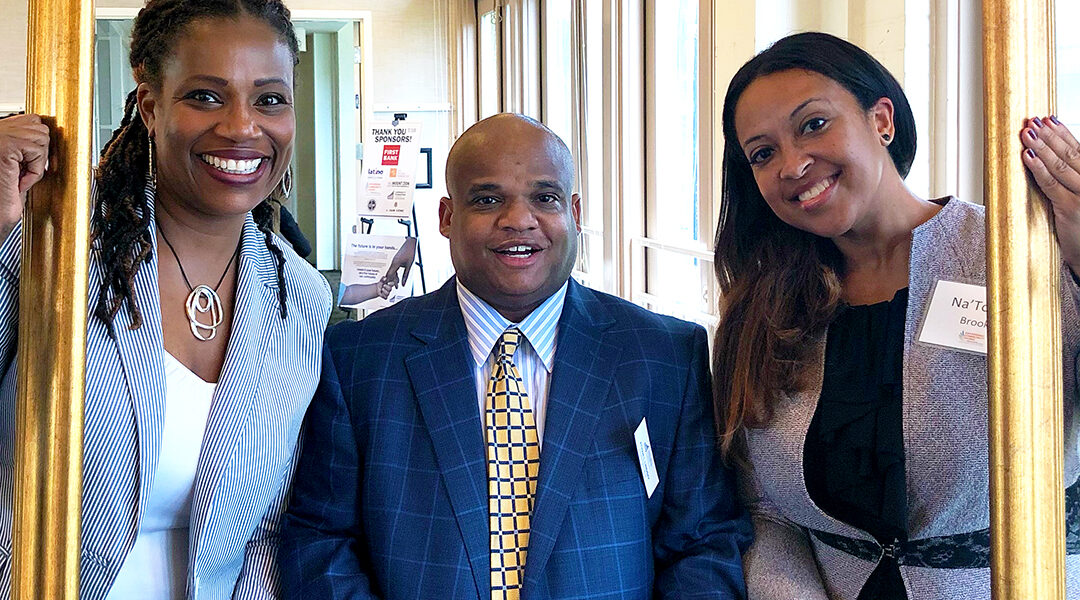
Trusting rather than testing
The BRIC Fund emerged as a priority when statewide pandemic response funds were not effectively reaching communities of color. Sullivan reviewed thousands of proposals as an official reviewer for a statewide fund. She saw that “not even 20% were organizations of color, particularly Black-led and serving organizations” were among those receiving grants.
She says that Black people “were never positioned to be at the decision-making table … and there was a wave of people in the community that wanted to give to Black-led and serving organizations” but weren’t clear about how to do so – especially since many organizations’ doors were closed due to the pandemic.
“This pulled the blanket back, exposing the immense inequitable resourcing of these organizations,” Sullivan says. “They weren’t able to pivot with technology and be virtually present for the communities they serve because they barely had the money to keep the doors open.”
The Denver Foundation accelerated the creation of BRIC in response. “We are focused on building an authentic relationship with the larger Black community that is trusting and not testing,” Sullivan says. This means that BRIC application questions communicate that trust, and that staff might have to help smaller, less-established organizations access the funds.
“Our Black-led nonprofit partners tell us about how they feel like they are being tested. Their White counterparts may be given $10 for their idea and told to go for it, while they receive $2.75 and are told to make it awesome, even though they’ve been given significantly fewer resources,” Sullivan says. BRIC is focused on eliminating these unfair expectations and focusing on getting resources out equitably with trust from the beginning.
Information about either fund is available from The Denver Foundation or the Community Foundation of Greater Greensboro.

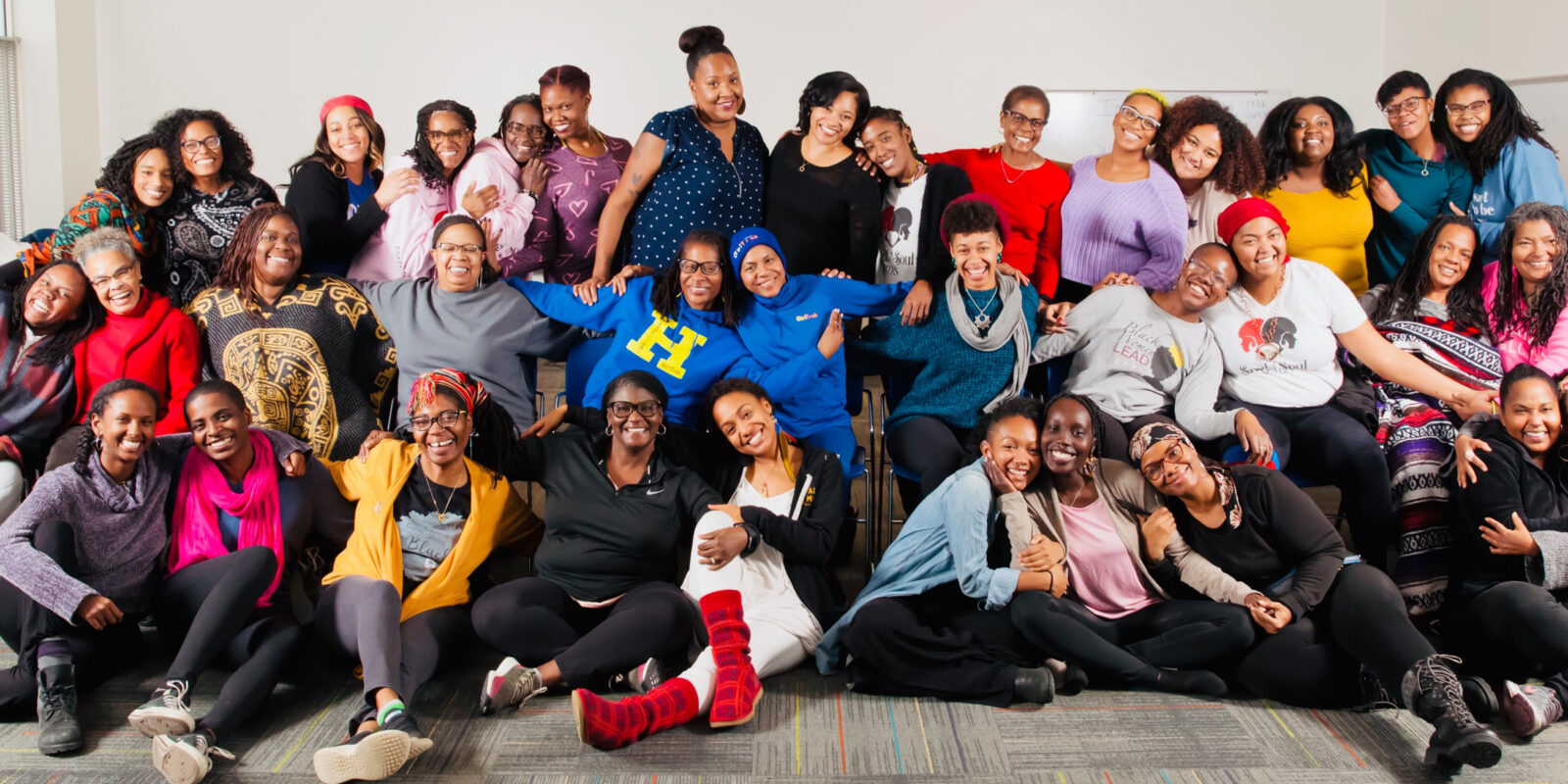

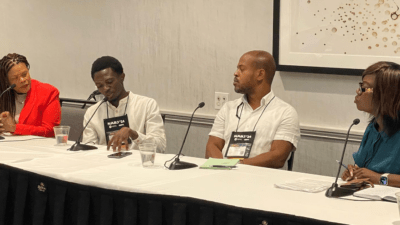
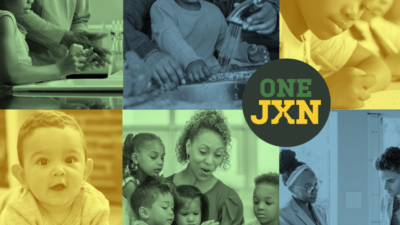
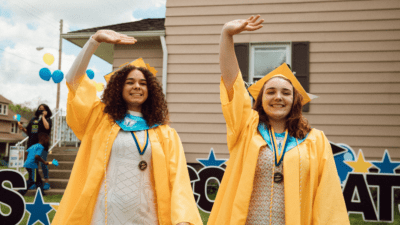
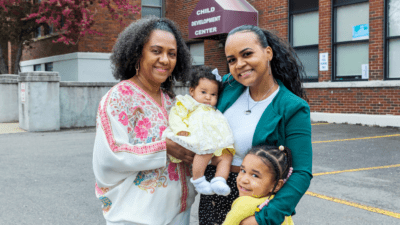

Comments